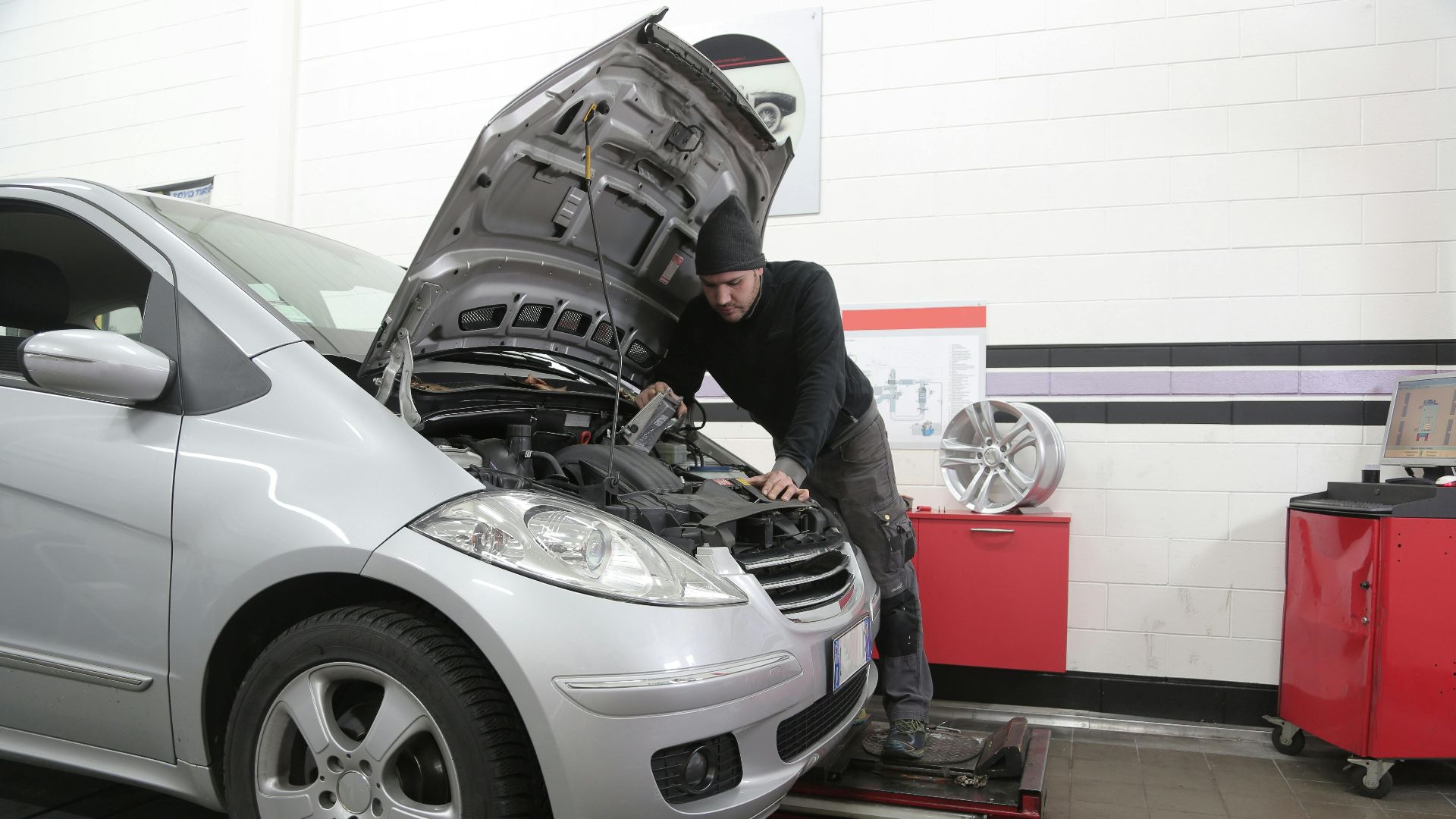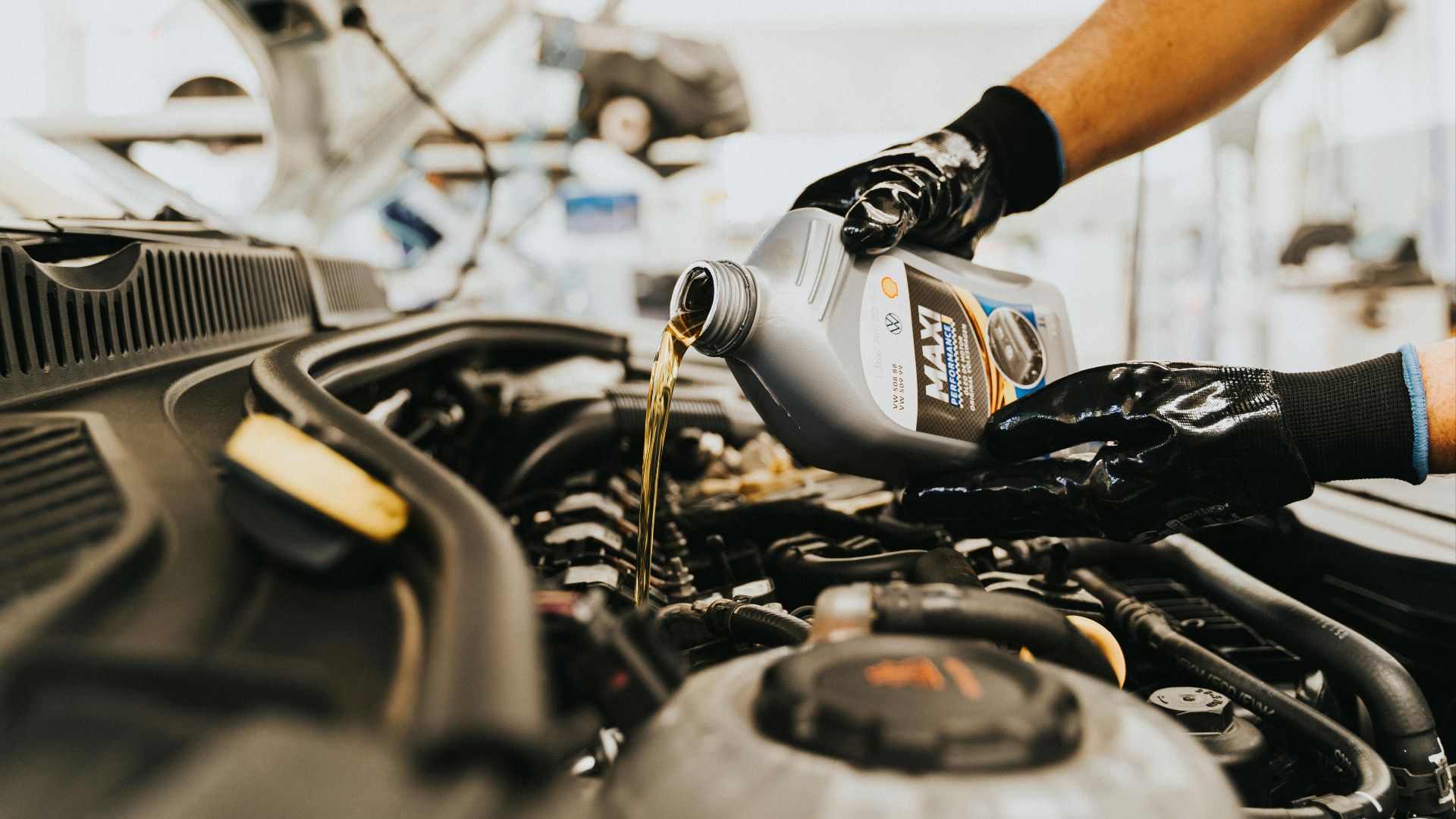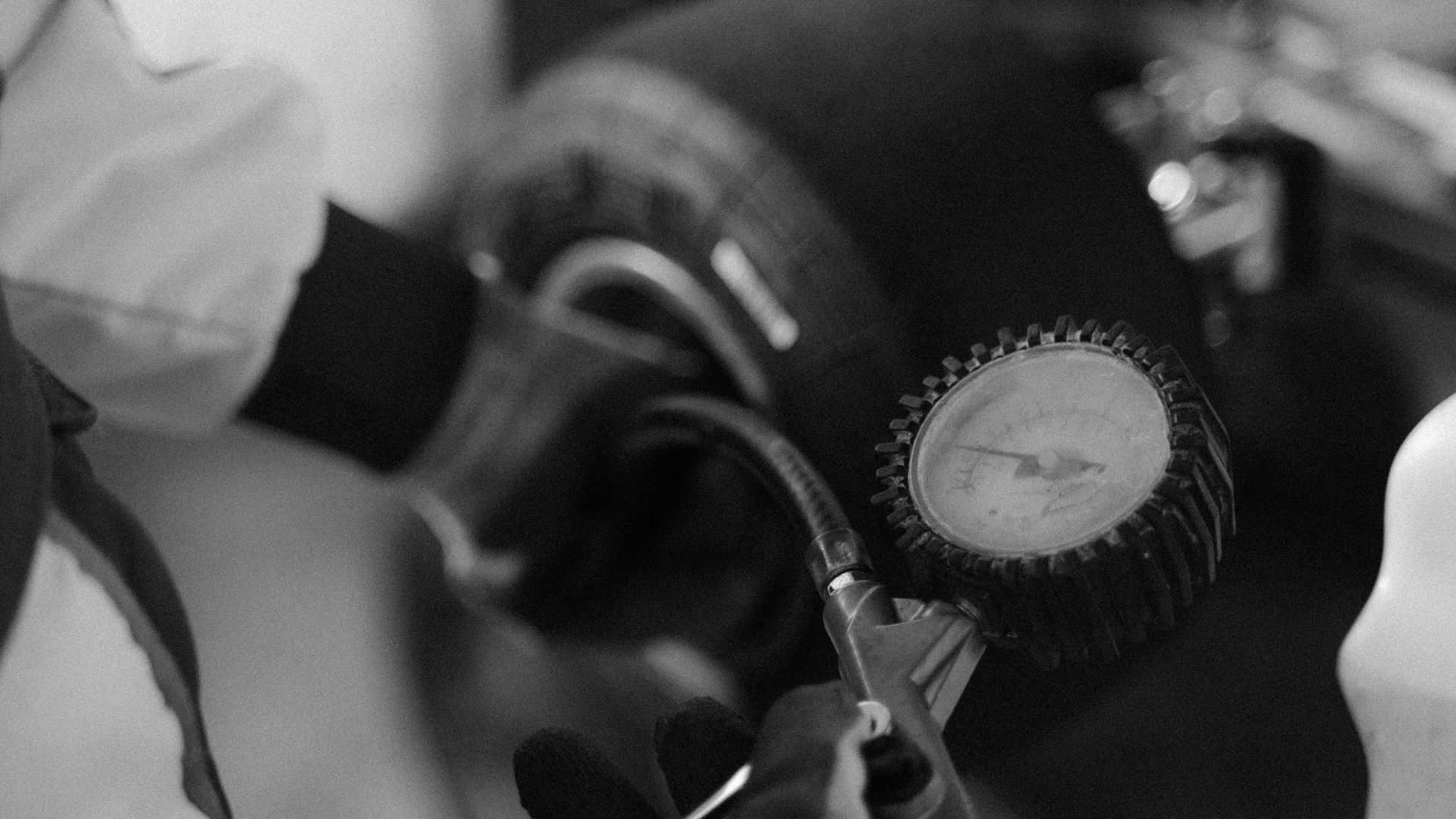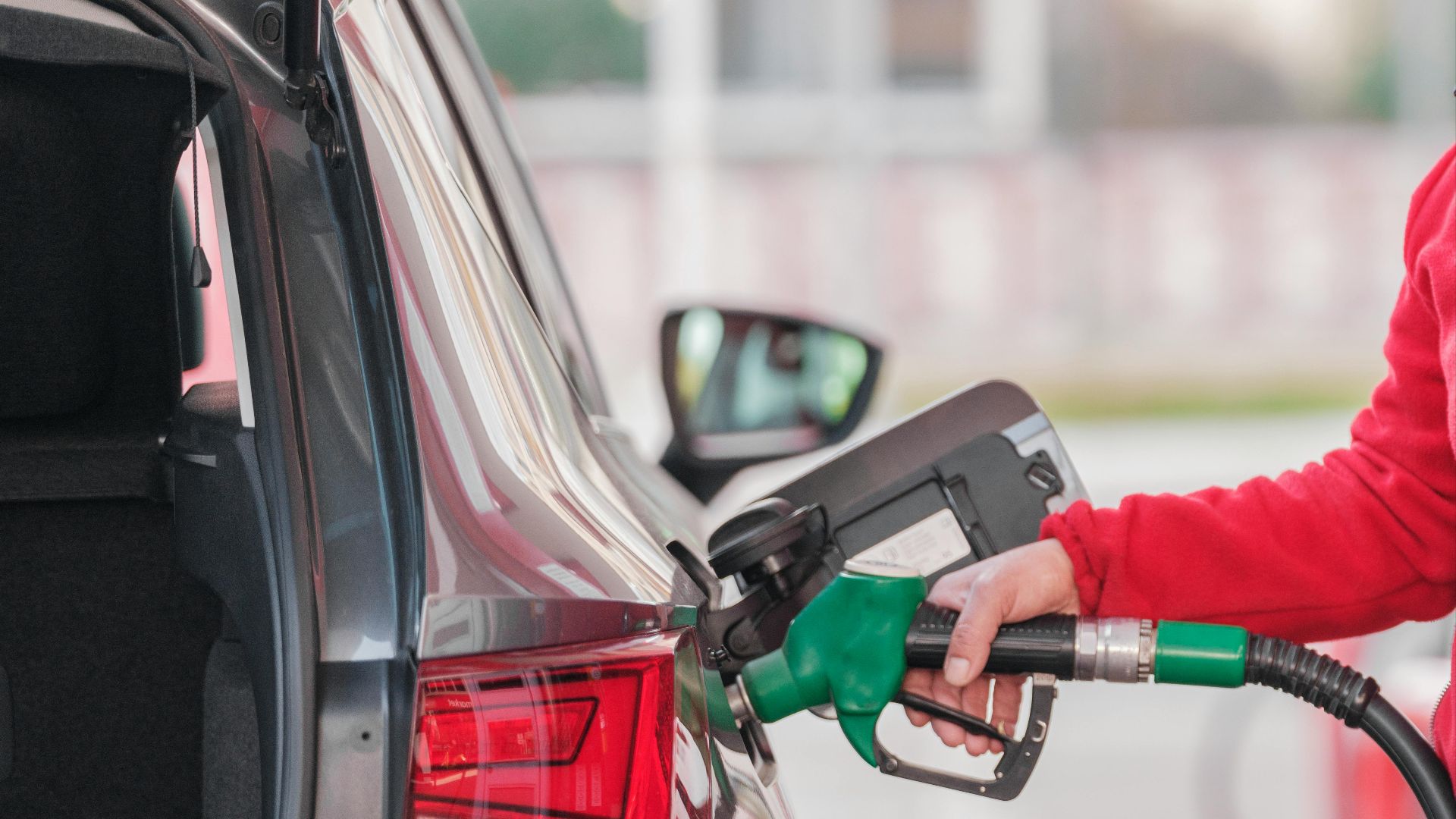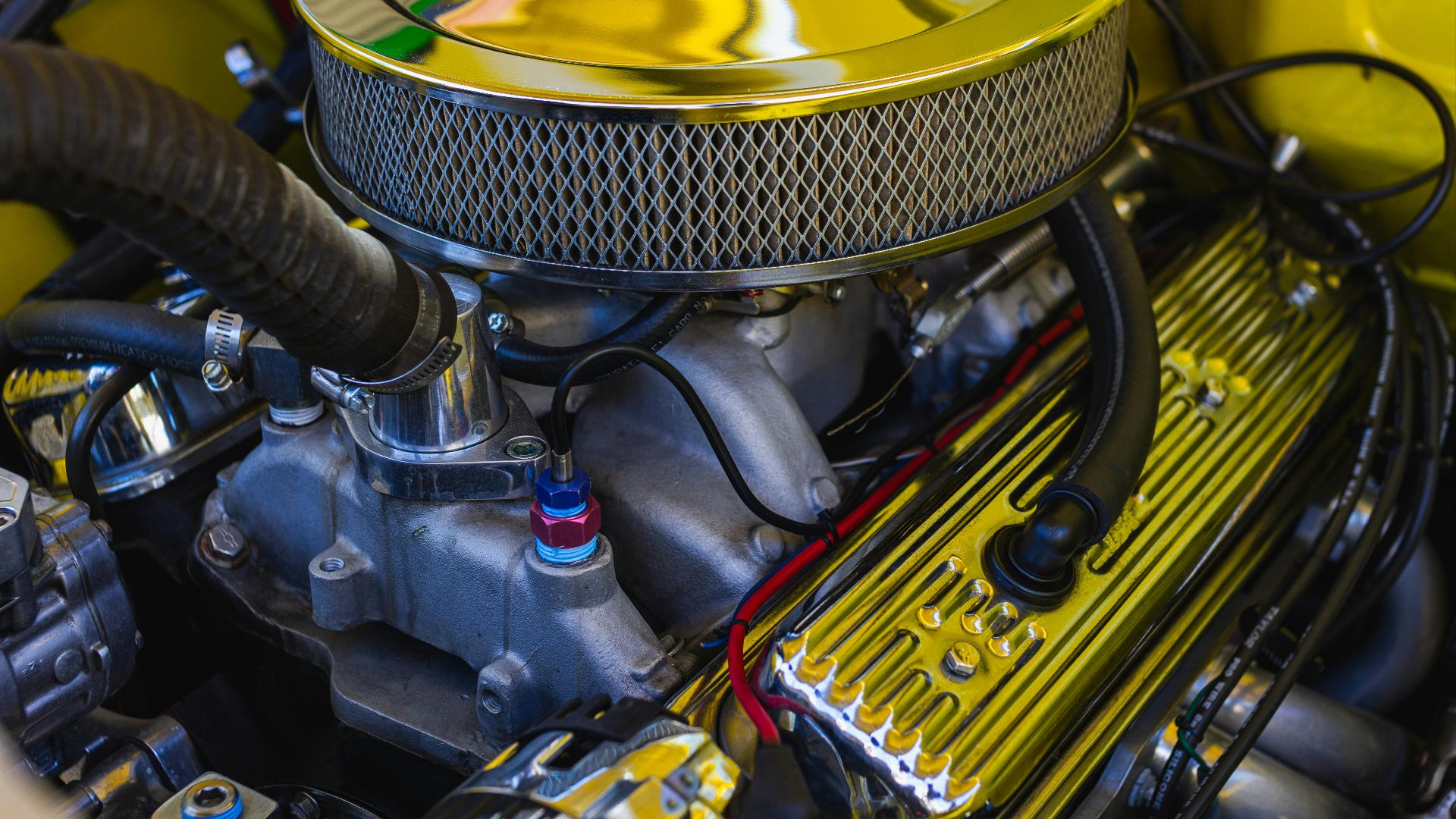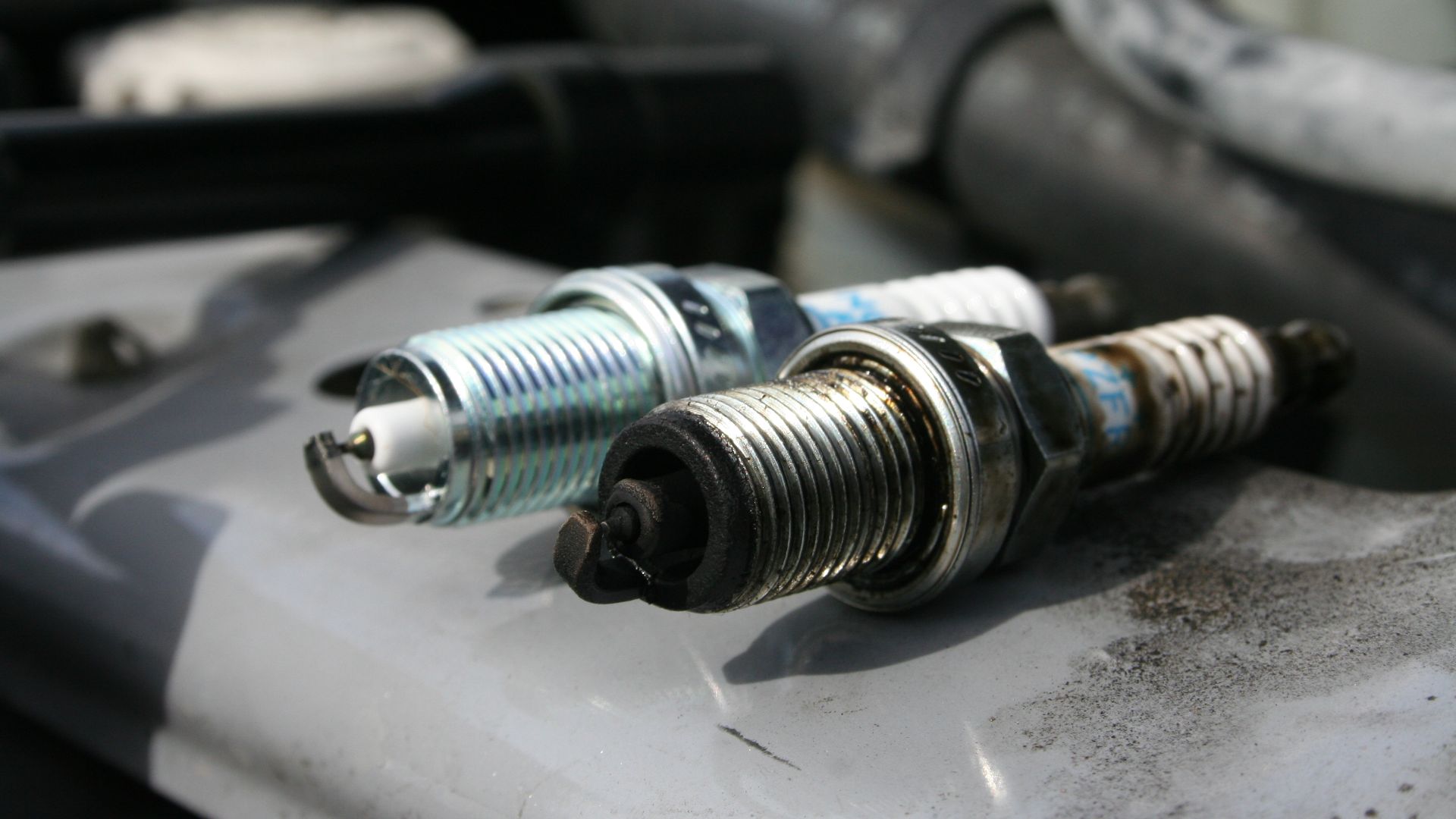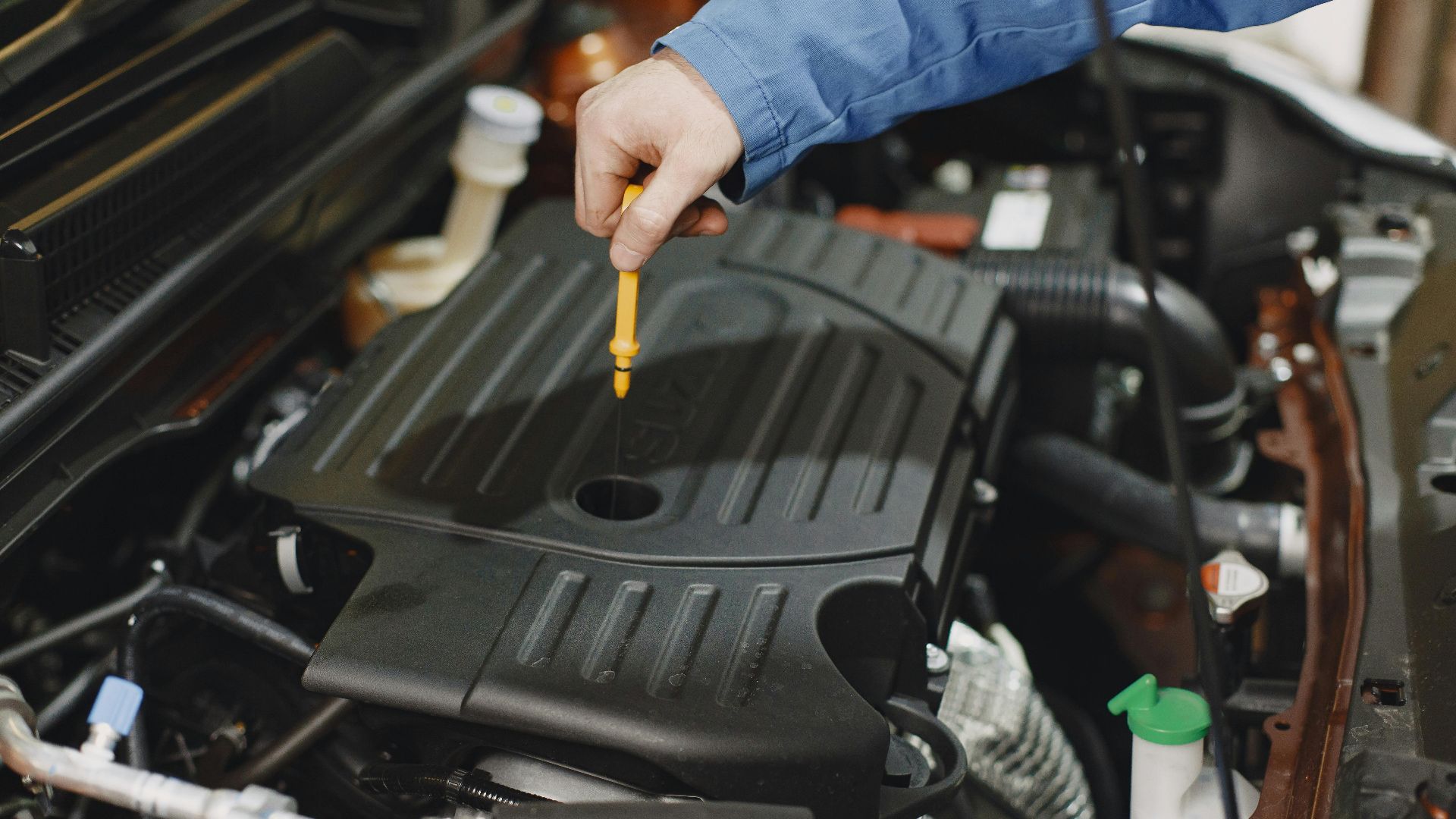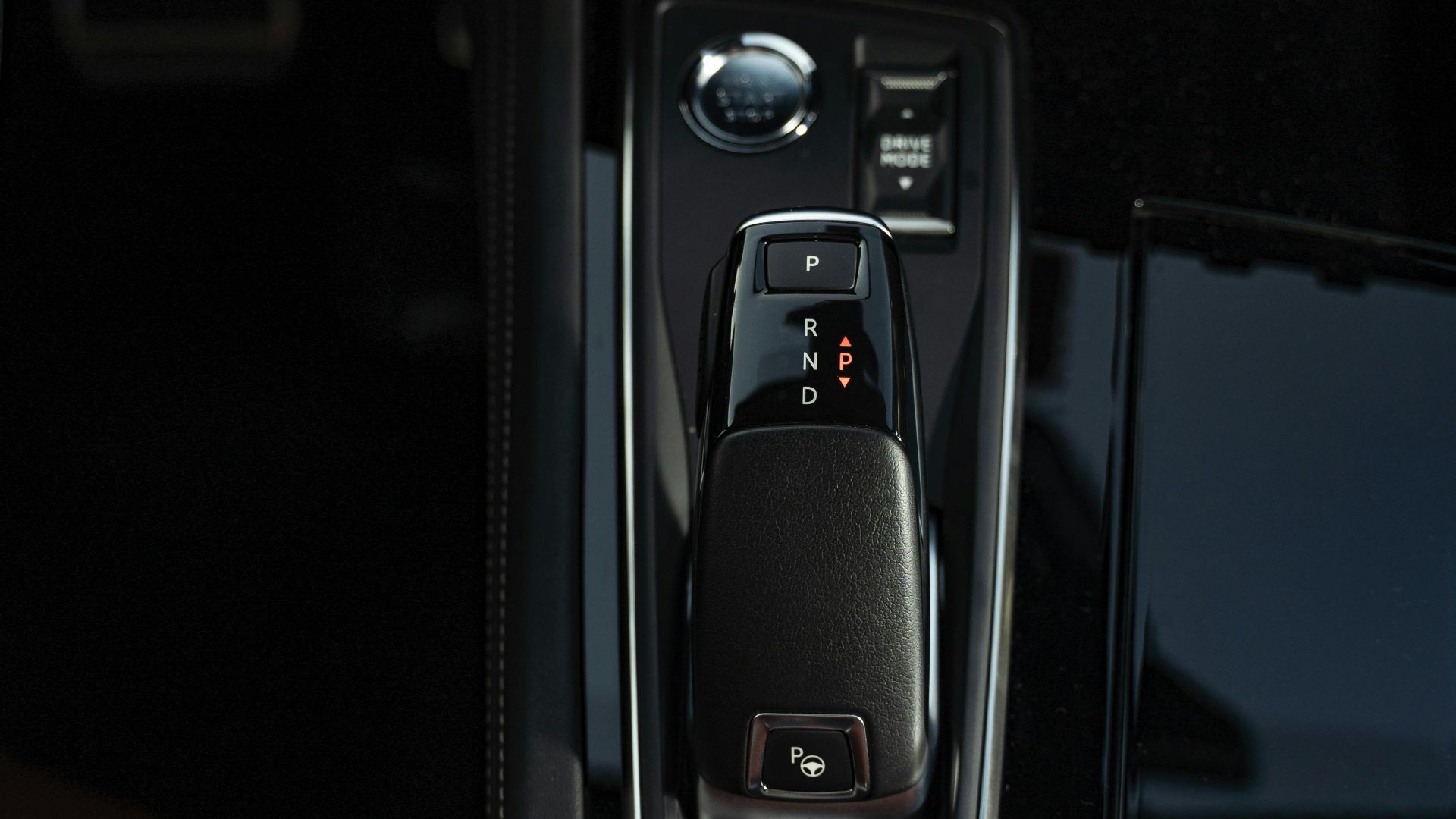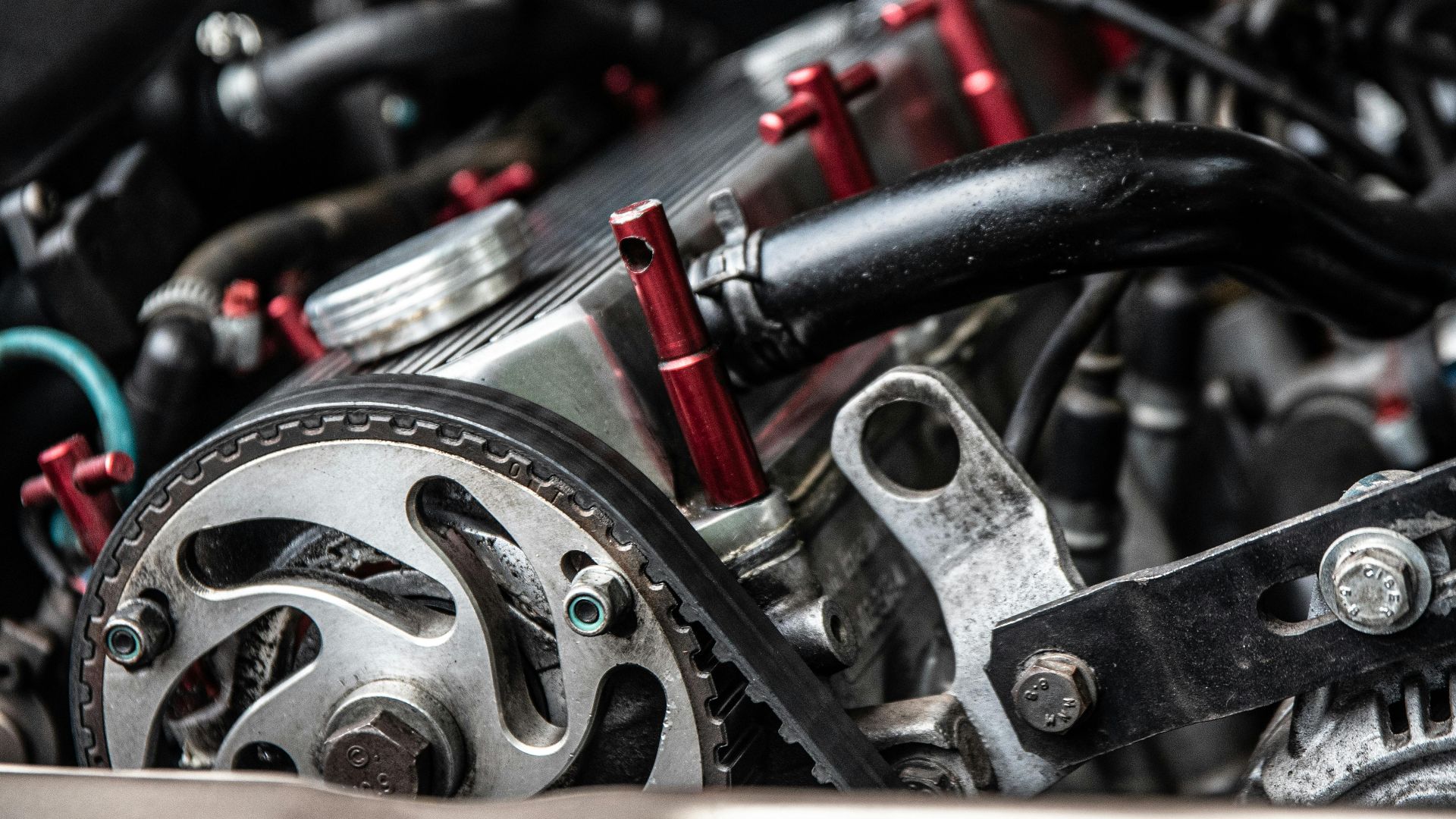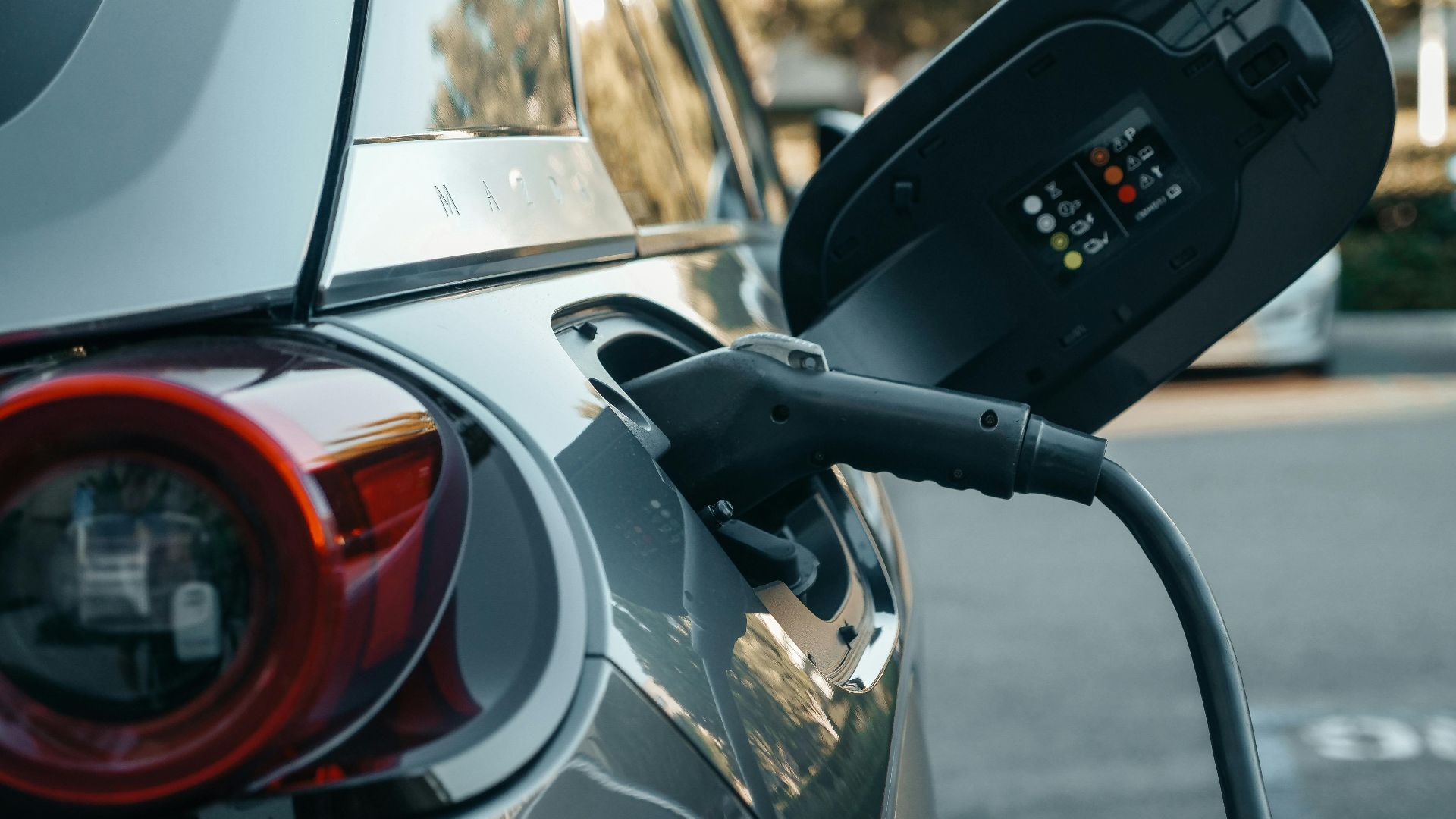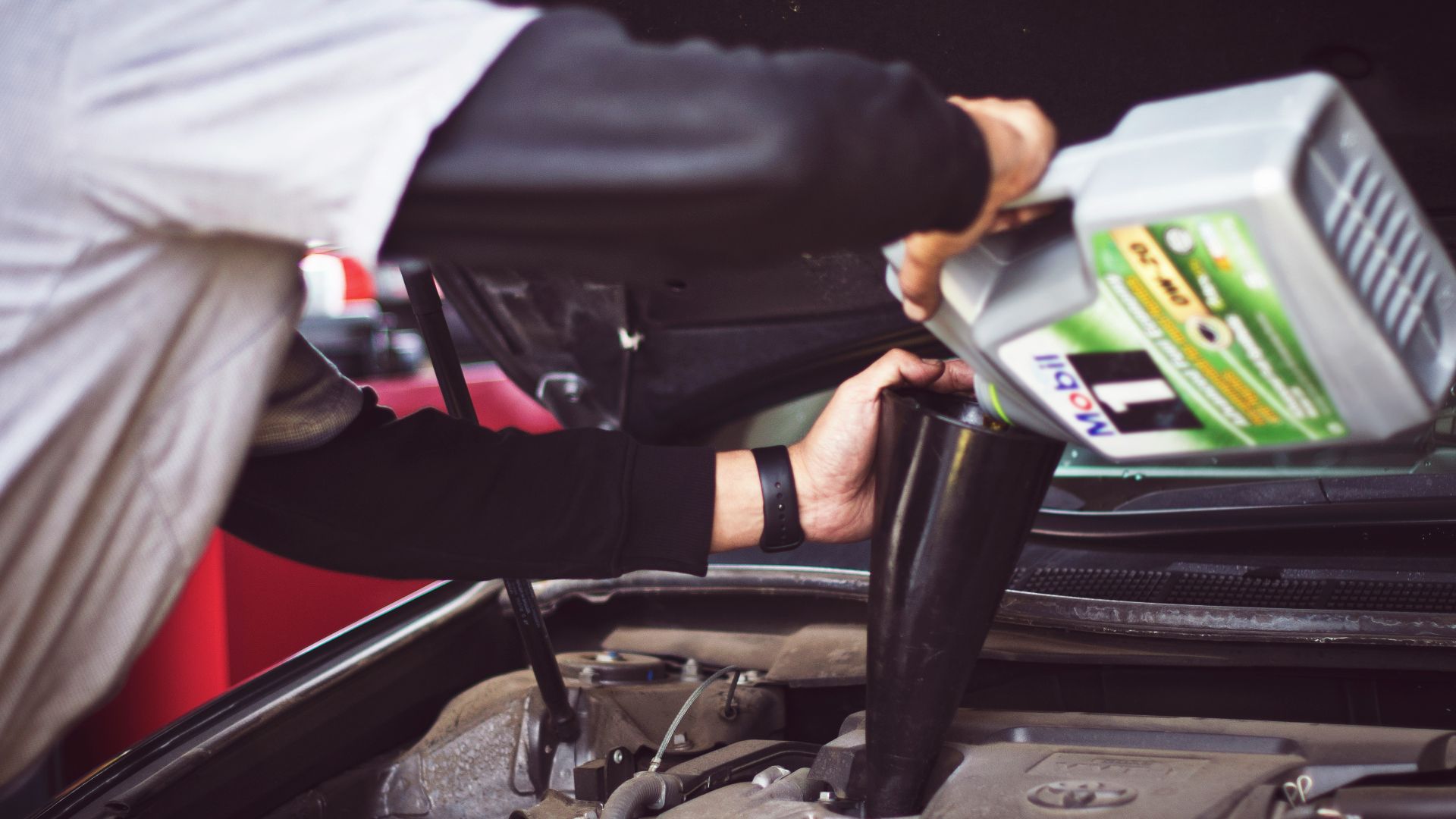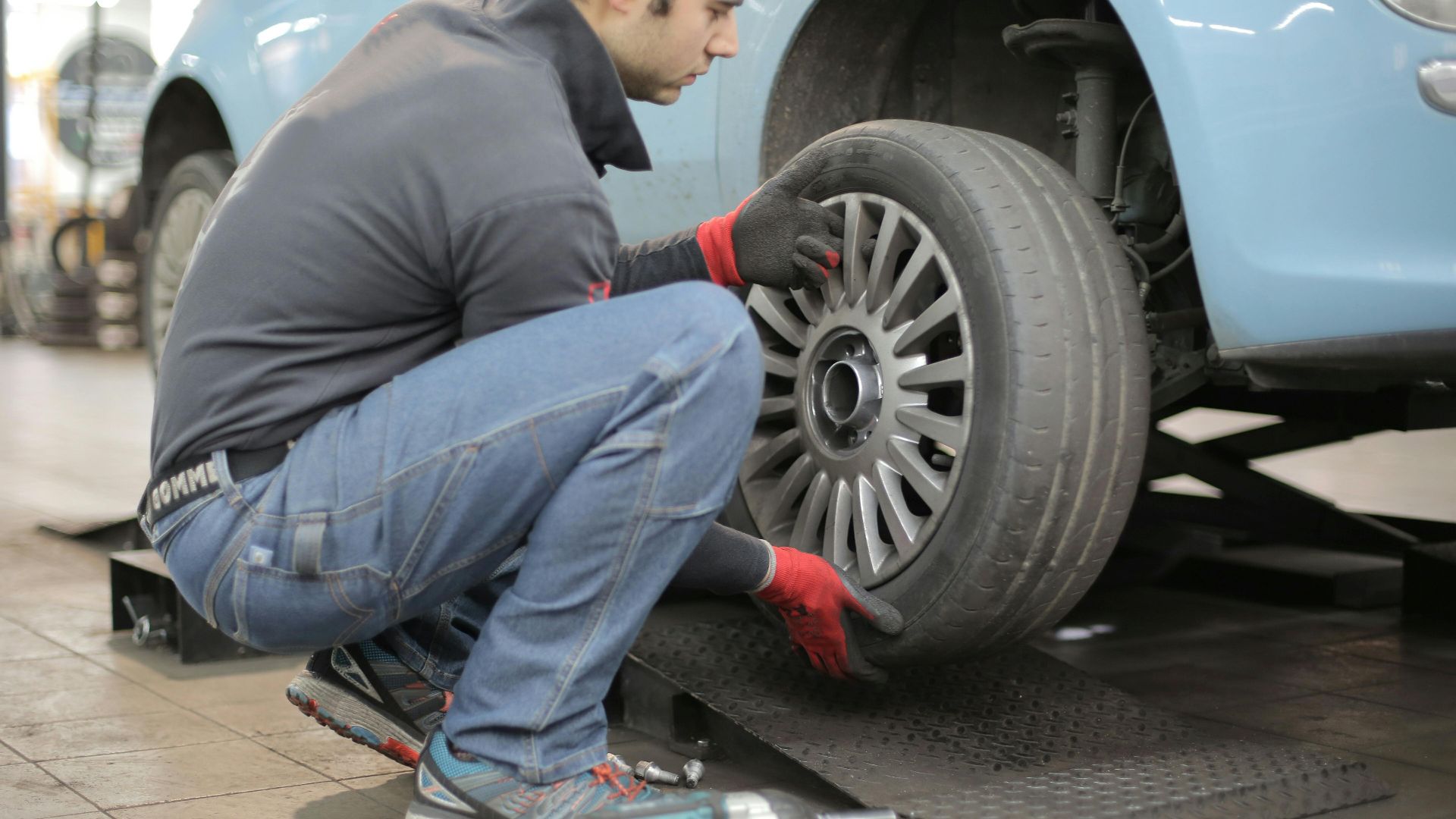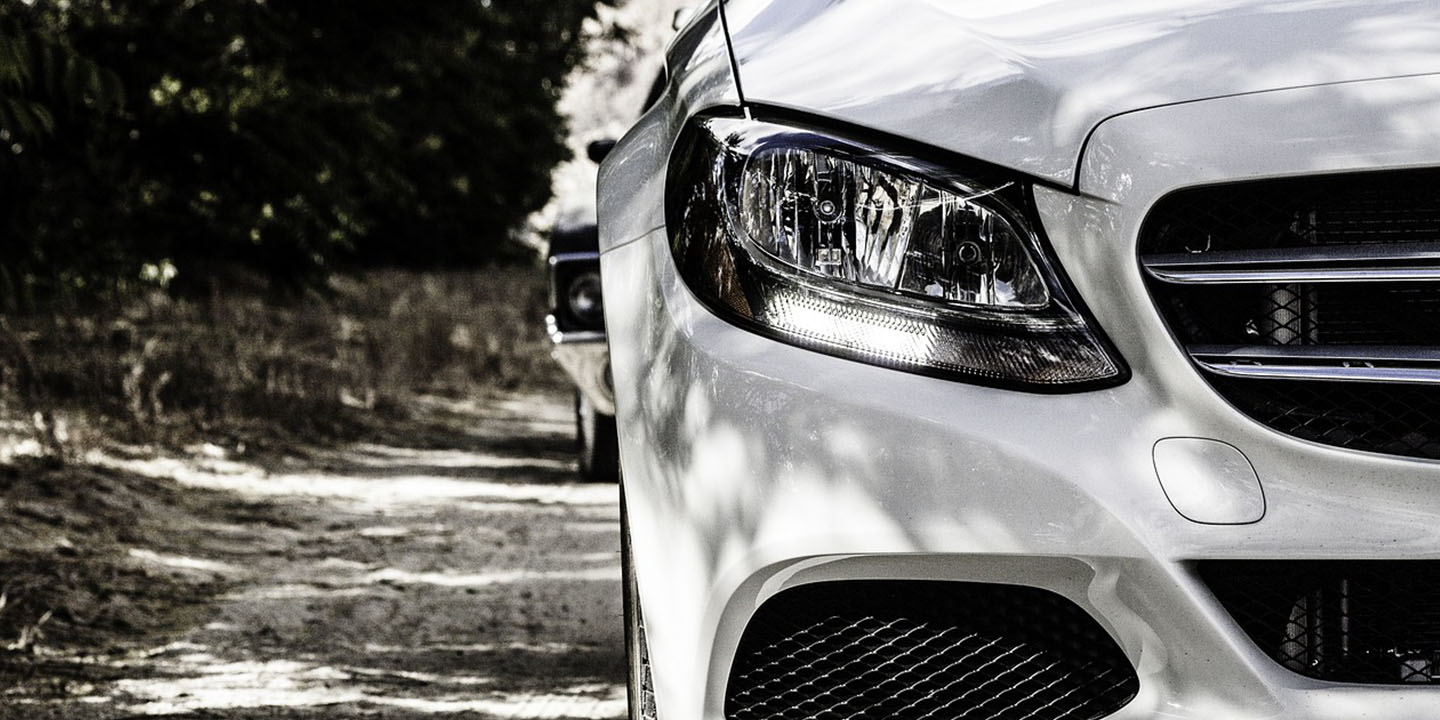Want To Prolong Your Car's Lifespan?
Your car’s always there for you (at least it should be), so why not return the favor? A little regular attention can go a long way in keeping your ride running smoothly for as long as possible. Nobody wants to deal with a breakdown on the side of the road—and in this economy, it's the last thing you want on your plate. But with these 20 essential tips, you’ll be cruising along with a car that’s as happy as you are.
1. Follow The Manufacturer’s Maintenance Schedule
The secret to extending your car’s life lies in following the maintenance schedule set by the manufacturer. These schedules are designed to ensure that your car receives the right care at the right time. Ignoring these can lead to unforeseen repairs.
2. Change Oil And Filter Regularly
Think of your car’s engine as a heart. The oil is like its lifeblood, and changing it ensures everything flows smoothly. Neglecting this simple task can lead to sludge buildup, which can lead to engine failure. So, give your car a fresh start with clean oil at regular intervals.
3. Check Tire Pressure Often
Tires perform best when they are properly inflated. Low pressure increases wear and decreases fuel efficiency, while over-inflated tires can be dangerous. Check tire pressure monthly, especially during extreme temperature changes, to keep your car safe and your tires lasting longer.
4. Replace Air Filters When Necessary
An air filter clogged with dirt can choke your engine, reducing performance and fuel efficiency. The best way to know when it’s time for a replacement? If your engine feels sluggish or your fuel consumption increases, it’s time to check the filter.
5. Use The Right Fuel
Fuel isn’t just fuel. It’s like feeding your car the right kind of diet. Always use the fuel type recommended for your car—regular, premium, or diesel. Using the wrong type can cause long-term damage, like knocking or inefficient combustion.
6. Inspect Belts And Hoses Regularly
Your car’s belts and hoses are critical in keeping your car’s systems working. If they start to crack, leak, or wear out, your car might experience issues like overheating or loss of power. Regularly inspect them—because a broken belt can mean more than just an inconvenience.
7. Keep Your Car Clean
A clean car helps prevent corrosion. Regular washing, particularly under the car, removes grime that can eat away at the body. Waxing your car a couple of times a year adds an extra layer of protection against the elements.
8. Check And Replace Spark Plugs
Spark plugs may be small, but they’re mighty. These tiny components are crucial for igniting the fuel-air mixture in your engine. When they’re worn out, you might notice misfires, sluggish acceleration, and even reduced fuel efficiency.
9. Monitor Fluid Levels
All your car’s essential fluids, like oil and transmission fluid, should be checked regularly. Low fluid levels can lead to overheating or transmission problems. It’s an easy check—just pop the hood and top off fluids when necessary. Plus, keeping them full can save you from expensive repairs.
10. Drive Smoothly And Avoid Rapid Starts
Your car’s components work together like a well-oiled machine. But when you rush them—by speeding off or slamming on the brakes—they’ll wear out faster. That’s why smooth driving reduces stress and keeps it in good shape for the long haul.
11. Avoid Overloading Your Vehicle
Your car wasn’t designed to carry excessive weight. Overloading can lead to suspension damage, reduced braking performance, and faster tire wear. So, stick to the weight limits stated in your manual, especially when towing or carrying heavy loads.
12. Use The Parking Brake
Parking without engaging the parking brake can cause unnecessary strain on the transmission, particularly on steep inclines in manual cars. Plus, for automatic cars, engaging the parking brake reduces wear on the parking pawl—a transmission part—and enhances safety, even on flat ground.
13. Replace The Timing Belt At Recommended Intervals
The timing belt controls the synchronization of your engine’s moving parts, and when it fails, the results can be catastrophic. It’s important to replace it at the manufacturer’s recommended intervals, usually between 60,000 and 100,000 miles.
14. Monitor The Battery And Charging System
A weak or corroded battery can leave you stranded. Periodically check the battery’s charge and the charging system for any signs of wear. A clean, well-maintained battery can last up to five years, providing reliable starts and protecting electrical components from damage.
15. Avoid Excessive Idling
While it may seem harmless, idling for extended periods can strain your engine and waste fuel. Avoid leaving your car running when it’s not in use. Not only does it save gas, but it also prevents carbon buildup in the engine.
16. Use High-Quality Engine Oil
Premium engine oils are formulated to last longer and provide better protection than regular oils. Choose oils that meet or exceed the manufacturer's specifications to keep your engine running smoothly. Regular oil changes with high-quality oil extend engine life and prevent sludge buildup.
17. Replace Worn-out Tires Promptly
Driving on worn tires increases the chances of a blowout and affects handling. Check the tread depth and change tires when they wear down. Many experts recommend replacing tires every 6 years, even if they appear to have some life left, to maintain safe performance.
18. Check Alignment And Suspension
If your car pulls to one side, your alignment may be off. Misalignment leads to uneven wear and poor handling. It’s not just about comfort; misaligned wheels cause unnecessary strain on the suspension. Get your alignment checked regularly to avoid expensive suspension repairs later.
19. Be Mindful Of Warning Lights
Warning lights on your dashboard aren’t there for decoration—they’re your car’s way of saying something’s wrong. Ignoring them can cause bigger, costlier issues. If a light comes on, take a moment to check the owner’s manual and address the problem early.
20. Avoid Short Trips
Starting your car frequently for short trips can lead to excessive engine wear, as the engine doesn't reach its optimal operating temperature. If possible, combine errands to reduce short trips and allow your engine to run efficiently. Your car will thank you for it!



